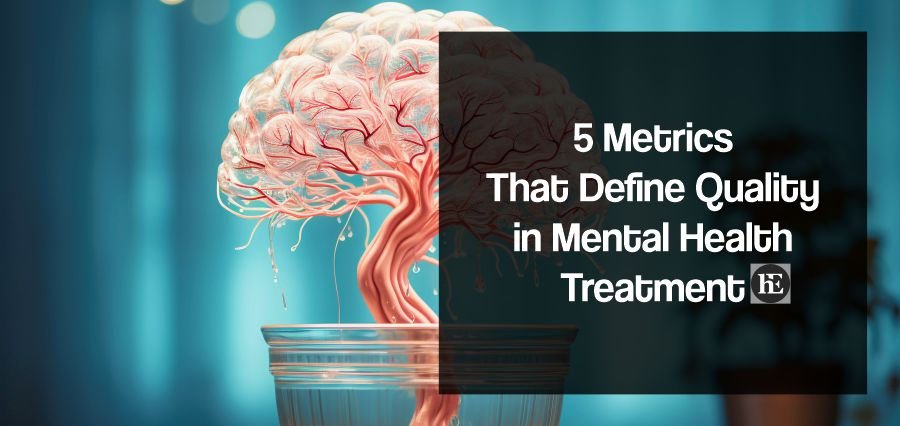Embracing Our Genetic Differences: The Key to Personalized Healthcare
In recent years, the promise of personalized healthcare has captivated both the medical community and the public. By tailoring treatments to individual genetic profiles, personalized medicine aims to increase the efficacy and reduce the side effects of treatments. At the heart of this medical revolution is genetic diversity—the vast array of genetic differences among individuals that can influence how they respond to various treatments. Embracing and understanding this diversity is crucial for the advancement of personalized healthcare.
Understanding Genetic Diversity
Genetic diversity refers to the total number of genetic characteristics in the genetic makeup of a species. In humans, it encompasses variations in genes that dictate everything from eye color to susceptibility to certain diseases. These variations arise through mutations, gene flow, and genetic recombination. While some genetic variations are benign, others can significantly impact health, influencing how individuals respond to medications, their risk of developing certain diseases, and their overall health outcomes.
The Role of Genetic Diversity in Personalized Healthcare
- Tailored Treatments: One of the primary goals of personalized healthcare is to develop treatments that are specifically tailored to an individual’s genetic makeup. This approach is particularly beneficial in oncology, where genetic testing can identify mutations in cancer cells. Treatments can then be designed to target these specific mutations, increasing the likelihood of success and reducing harmful side effects.
- Pharmacogenomics: This field studies how genes affect a person’s response to drugs. By understanding an individual’s genetic profile, healthcare providers can predict which medications will be most effective and which ones might cause adverse reactions. This is especially important for drugs with narrow therapeutic indices, where the difference between a therapeutic and a toxic dose is small.
- Risk Assessment and Prevention: Genetic diversity also plays a crucial role in assessing an individual’s risk for certain diseases. For example, mutations in the BRCA1 and BRCA2 genes significantly increase the risk of breast and ovarian cancers. Identifying these mutations through genetic screening can lead to proactive measures, such as increased surveillance or preventive surgery.
- Population Health: On a broader scale, understanding genetic diversity can help in the development of public health strategies. Certain genetic traits are more prevalent in specific populations, influencing the incidence of diseases. For instance, the sickle cell trait is more common in individuals of African descent, making targeted screening programs essential in these communities.
Challenges and Considerations
While the benefits of incorporating genetic diversity into personalized healthcare are clear, several challenges must be addressed:
- Data Privacy and Ethical Concerns: Collecting and analyzing genetic data raises significant privacy and ethical issues. Safeguarding this sensitive information against misuse is paramount. Additionally, there are concerns about genetic discrimination by employers or insurance companies.
- Access and Equity: There is a risk that the benefits of personalized healthcare may not be equally accessible to all populations. Efforts must be made to ensure that advancements in genetic research benefit everyone, regardless of socioeconomic status or geographic location.
- Complexity of Genetic Interactions: Human genetics is extraordinarily complex. Most traits and responses to treatments are influenced by multiple genes and their interactions with environmental factors. This complexity makes it challenging to predict outcomes accurately based on genetic data alone.
- Integration into Healthcare Systems: Implementing personalized healthcare on a wide scale requires significant changes in healthcare infrastructure, including the training of healthcare providers, the development of new protocols, and the integration of genetic testing into routine clinical practice.
The Future of Personalized Healthcare
The future of personalized healthcare is promising, with ongoing research continually uncovering new insights into the role of genetic diversity in health and disease. Advances in technology, such as next-generation sequencing, are making genetic testing faster and more affordable, paving the way for its integration into everyday medical practice.
- Whole Genome Sequencing: As the cost of whole genome sequencing decreases, it is becoming more feasible to sequence the genomes of large populations. This comprehensive approach provides a complete picture of an individual’s genetic makeup, offering unprecedented opportunities for personalized treatment plans.
- CRISPR and Gene Editing: Emerging technologies like CRISPR offer the potential to not only understand but also modify genetic information. This could lead to treatments that correct genetic defects at their source, offering cures for previously untreatable genetic disorders.
- Big Data and AI: The integration of big data and artificial intelligence (AI) into genetic research allows for the analysis of vast amounts of genetic information. AI can identify patterns and correlations that might be missed by human researchers, leading to new insights and treatment strategies.
Conclusion
Genetic diversity is not just a fundamental aspect of human biology; it is the key to unlocking the full potential of personalized healthcare. By embracing this diversity, we can develop treatments that are more effective, safer, and tailored to the unique genetic makeup of each individual. However, realizing this potential requires addressing ethical, logistical, and scientific challenges. As we navigate these complexities, the ultimate goal remains clear: a future where healthcare is truly personalized, leading to better health outcomes for everyone.
In this journey, every genetic variant tells a story, and together, they form the narrative of personalized healthcare—a narrative where diversity is the cornerstone of innovation and healing.
Latest Article
-
 11 Questions Life Coaches Ask That Change How You ThinkArticle
11 Questions Life Coaches Ask That Change How You ThinkArticle -
 8 Real Benefits of Life Coaching That Go Beyond MotivationArticle
8 Real Benefits of Life Coaching That Go Beyond MotivationArticle -
 Blaze Schwaller: For Every Person Who Has Ever Felt Too Much, Too FastArticle
Blaze Schwaller: For Every Person Who Has Ever Felt Too Much, Too FastArticle -
 5 Metrics That Define Quality in Mental Health TreatmentArticle
5 Metrics That Define Quality in Mental Health TreatmentArticle -
 6 Lessons Healthcare Leaders Can Learn From Behavioral Health SystemsArticle
6 Lessons Healthcare Leaders Can Learn From Behavioral Health SystemsArticle
